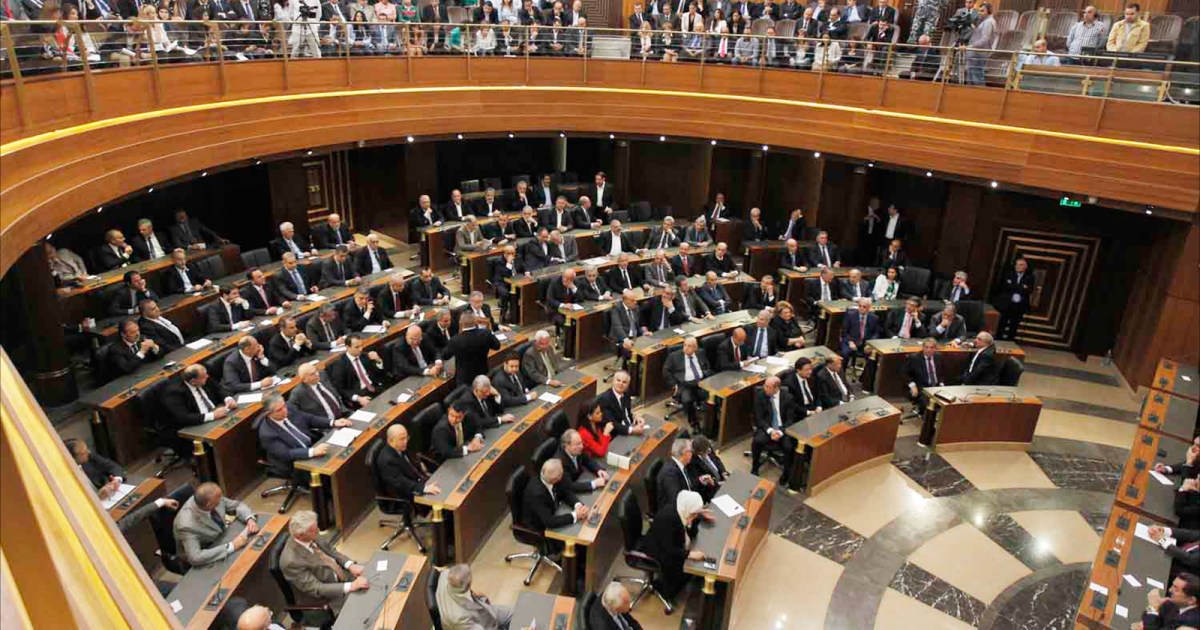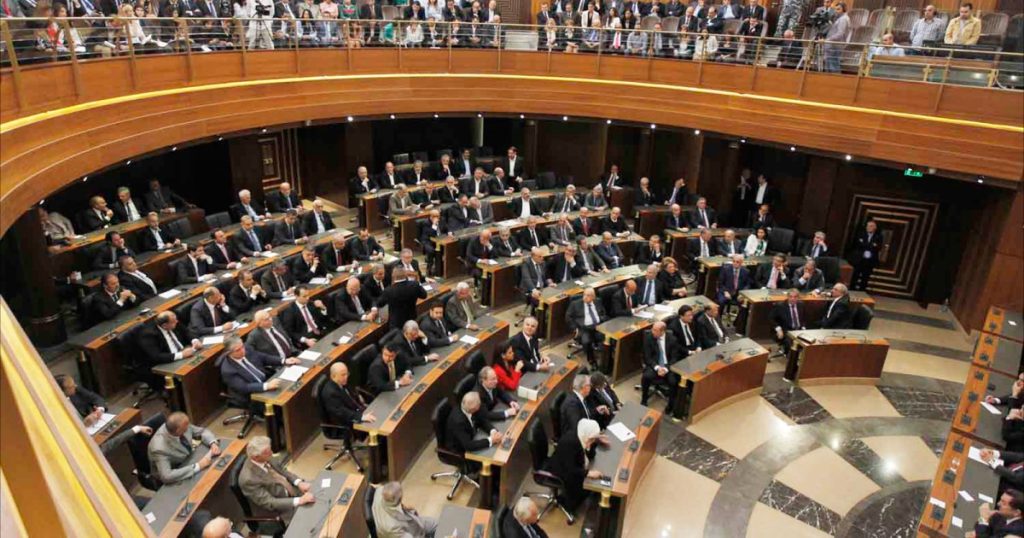The Lebanese Cabinet’s approval of the objectives outlined in the American paper places Lebanon at the heart of an internal dispute with an uncertain outcome, especially given Hezbollah’s parliamentary bloc’s firm stance and its view that attempts to target the resistance’s weapons serve the Israeli occupation for free.
The writer and political analyst Asaad Bishara described the government’s decision as a “real lifeline,” noting that the core of the American paper is the implementation of international resolutions, the constitution, and disarmament. The second goal is the complete withdrawal of Israel and cessation of hostilities, but “Hezbollah’s project is to hold onto weapons forever.”
The Cabinet’s approval of the objectives in the American paper, which talks about stabilizing the ceasefire between Lebanon and Israel with a timeline for Hezbollah’s disarmament, prompted ministers affiliated with Hezbollah and Amal Movement to withdraw from the meeting.
Bishara added that supporting the idea of the state controlling decisions on the borders is the option Lebanese should back, and there is now an opportunity to position the Lebanese army on the Blue Line with American and Arab guarantees to prevent Lebanon from becoming a battleground for its people.
He emphasized that “the American paper is 100% in Lebanon’s interest if there is no insistence on weapons outside the state,” explaining that there are four simultaneous stages: Israeli withdrawal from certain hills in exchange for disarmament and state control, a complete withdrawal in exchange for full disarmament, then an Arab and international conference to assist Lebanon economically, followed by warm relations with Syria to resolve the pending border issue.
On the other hand, political analyst Ali Haidar strongly criticized the Cabinet’s decision, saying, “Israel has achieved a qualitative achievement by penetrating the official Lebanese system through the United States,” considering that it declared before, during, and after the war that its strategic goal is to destroy Hezbollah’s capabilities and disarm it.
He reminded that Hezbollah also demands the withdrawal of Israeli occupation from Lebanese lands and the extension of Lebanese state authority but raised questions about Lebanon’s future amid a region shaken by changes, noting that current Israel is completely different from previous decades.
He linked Hezbollah and its allies’ steps after the government’s decisions to what the latter will undertake regarding adherence to the constitution, the oath speech, and the Lebanese paper presented to the Americans and rejected by them.
While confirming that the reality is very difficult and pressures on Lebanon are very high, the political analyst said this does not mean “abandoning the minimum sovereignty and allowing Israel through the United States to dictate Lebanon’s future.”
It is noted that Hezbollah had rejected the government’s position which decided in its previous meeting – Tuesday – to assign the Lebanese army to develop a plan to confine weapons to the state before the end of the current year and present it to the Cabinet before the end of this month.














Recommended for you
Exhibition City Completes About 80% of Preparations for the Damascus International Fair Launch
Talib Al-Rifai Chronicles Kuwaiti Art Heritage in "Doukhi.. Tasaseem Al-Saba"
Egypt Post: We Have Over 10 Million Customers in Savings Accounts and Offer Daily, Monthly, and Annual Returns
Unified Admission Applications Start Tuesday with 640 Students to be Accepted in Medicine
His Highness Sheikh Isa bin Salman bin Hamad Al Khalifa Receives the United States Ambassador to the Kingdom of Bahrain
Al-Jaghbeer: The Industrial Sector Leads Economic Growth